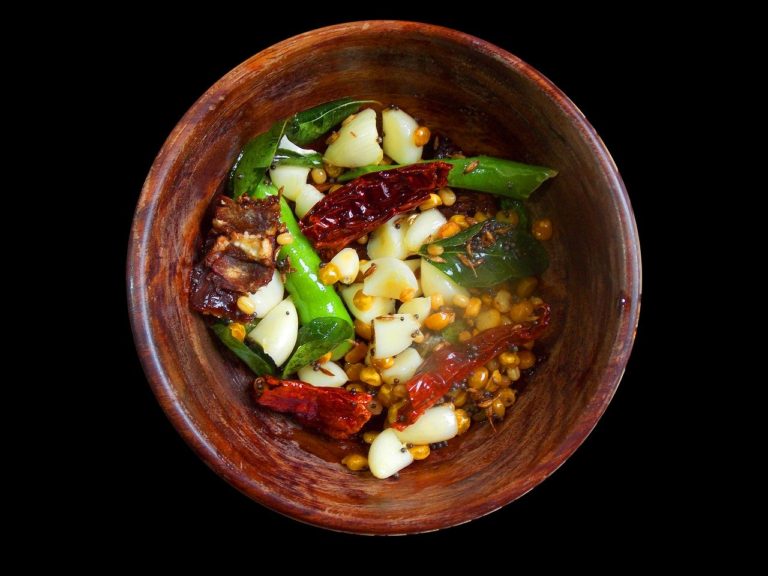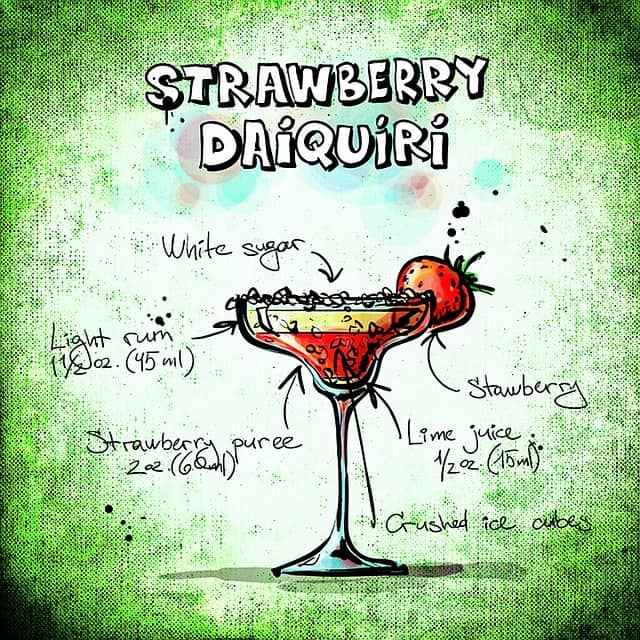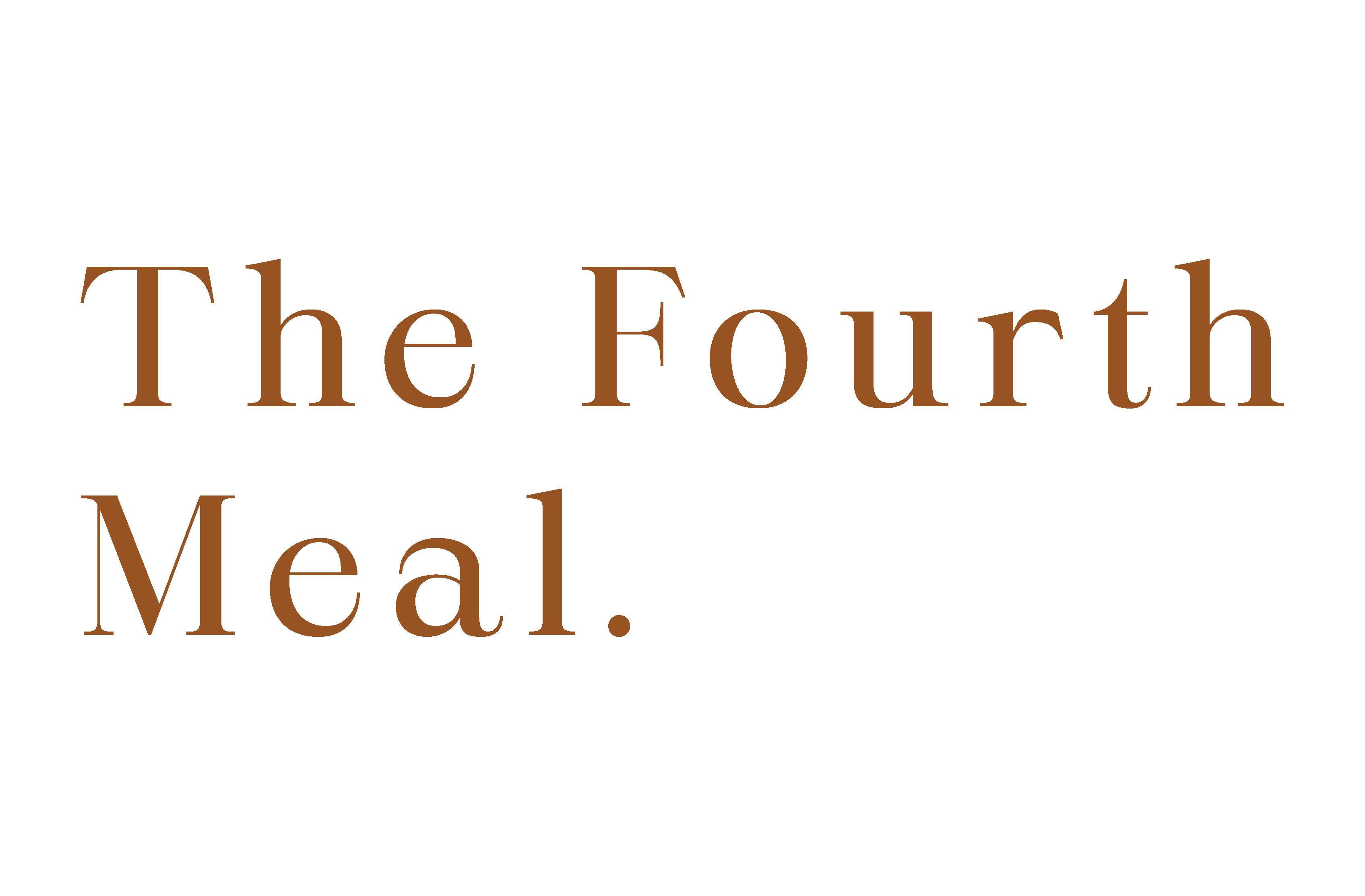DIFFERENCE BETWEEN TASTE & FLAVOR
What is the difference? Taste is limited to what you experience on the tongue, while flavor takes advantage of taste in combination with aroma. This not only makes flavor more complex but also makes it more subjective.

What is taste?
When you put something in the mouth and hits the tongue, an army of small receptors, located within what we know as taste buds, get to work. They send messages to the brain and the perception of taste is then mapped and the result is generated. This result is either sweet, sour, bitter, salty, umami, or a combination. Contrary to popular belief, research has found that the different taste receptors on the tongue are not located on different parts of the tongue. They are in fact distributed on the tongue, throat, and even on the inside of the cheeks. Taste in essence is limited to what these receptors can detect; that being the 5 taste sensations. If you are familiar with Umami (check out this article on Umami) you may argue that umami seems more like a flavor rather than a taste sensation.
What is flavor?
There’s something magical that happens when you eat your favorite food. It is all thanks to the amalgamation of smell and taste that you experience this magic called flavor. At its core, It can be defined as the perception of taste aided by the aroma. The process takes place through what is called retronasal olfaction (smelling from the back of the nose). It is the perception of odors emerging from the oral cavity when something is in the mouth. This combined with taste is what gives us flavor.
This serves as the basis of what flavor is. Some argue that texture, temperature, and mouthfeel contribute to flavor. What holds true is that these components complement but do not define flavor. To clarify, consider this:
if your nose is blocked, it is difficult to perceive flavor but mouthfeel, temperature and texture do not change.
Without aroma, all that remains is taste. Take a banana for example; you know what it smells like, thus you know the flavor.



Subjective smell
Flavor is by far more complex than taste but can’t exist without it, whereas taste exists without flavor (duh). Taste is universal but flavor is versatile because it is broad and subjective. Each food item has its own makeup and presents it differently. How we perceive taste is the same but flavor is always subjective. Not everyone perceives what they smell in the same way, and not everyone has the same capacity when it comes to smell. Smell disorders such as anasomia and phantosmia can greatly affect the perception of flavor. Anasomia is the inability to detect one or more smells, and Phantosmia or olfactory hallucination is the smelling of odors that are otherwise not present.
Flavor defines nations
We are social beings and curious by nature; we are also stimulated by food and drink and their complexities. When we think of certain places, we tend to associate them with certain flavors. That in itself sets us on a course for adventure(check out our page on flavors of different places). When I think of India, for example, curry and certain spices spring to mind, the Caribbean spark thoughts of fresh tropical fruit like coconut and pineapple. This is the very reason why flavor is so important. Not only does it define nations, but it also carves out experiences that would later be fond memories. It also has the capability to provoke thought and emotions, both positive and negative.


Conclusion
Since taste is only limited to sweet, sour, bitter, salty, and umami; is it then incorrect to say that something tastes of vanilla for example? It is much easier than saying “I perceive this flavor to be that of vanilla”, even though it would make more sense. This is why we often confuse flavor and taste. Next time you say that something tastes like sh** or garbage, ask yourself how you know that unless you go around eating it :).
Our blog post titled “the taste of smelling” goes more in-depth on the subject of taste and smell. Check it out.


